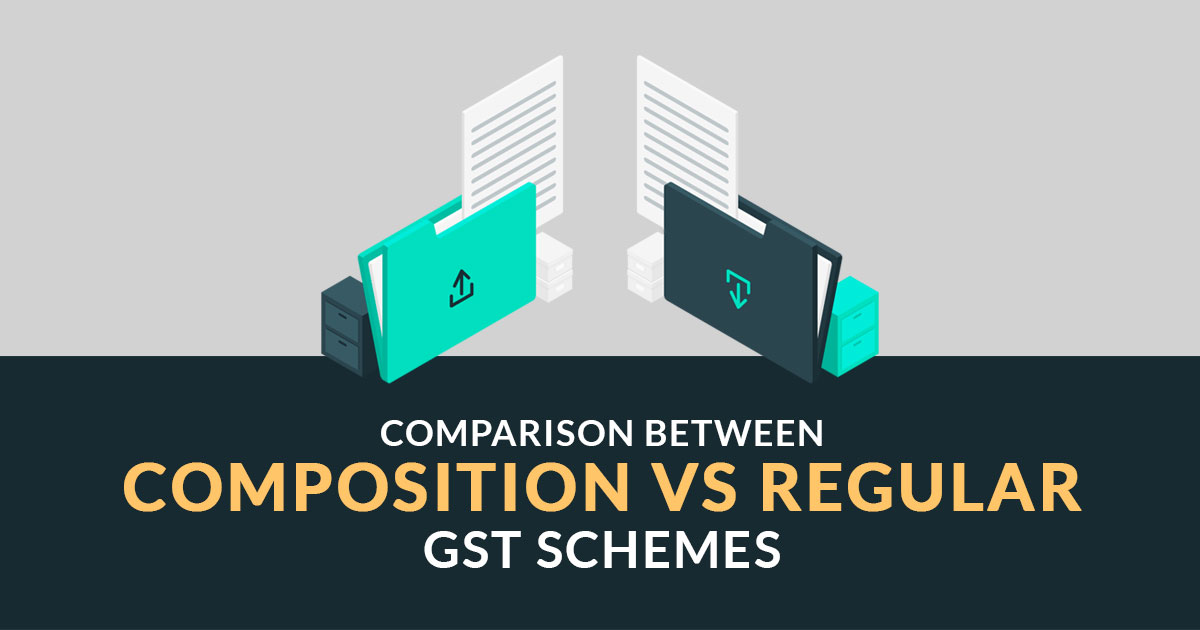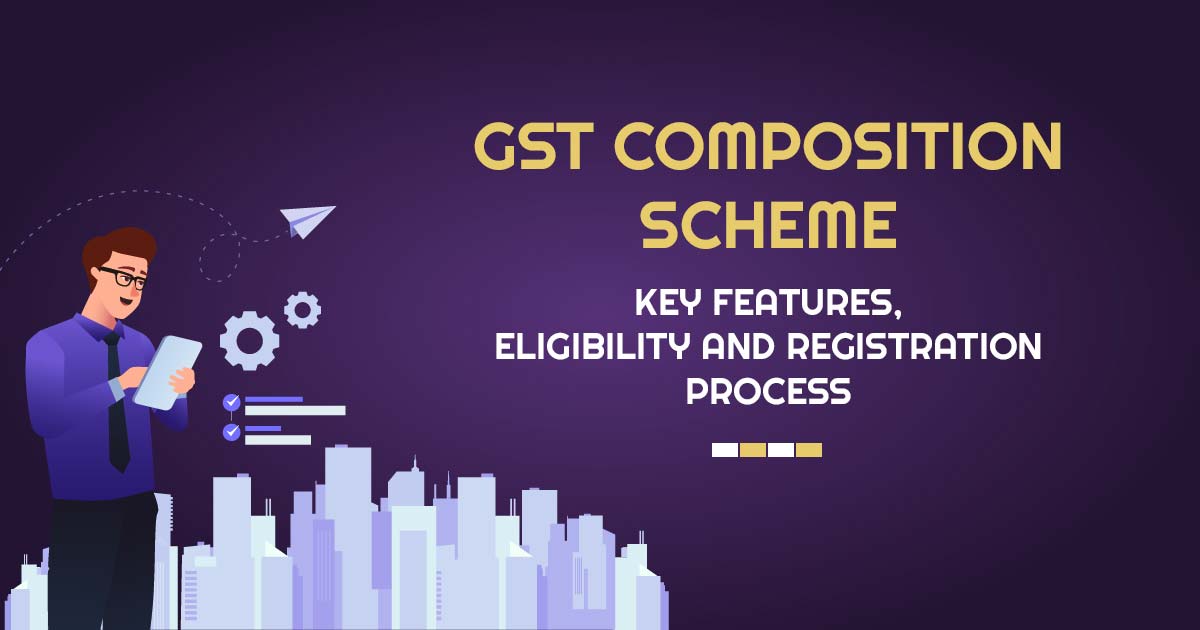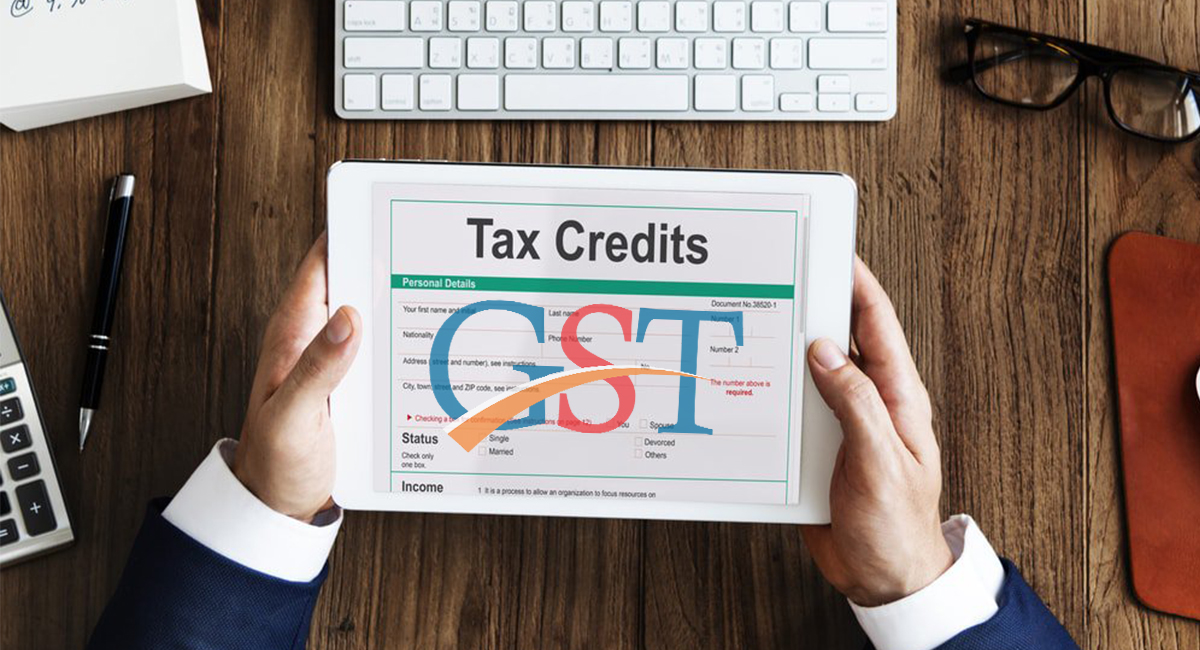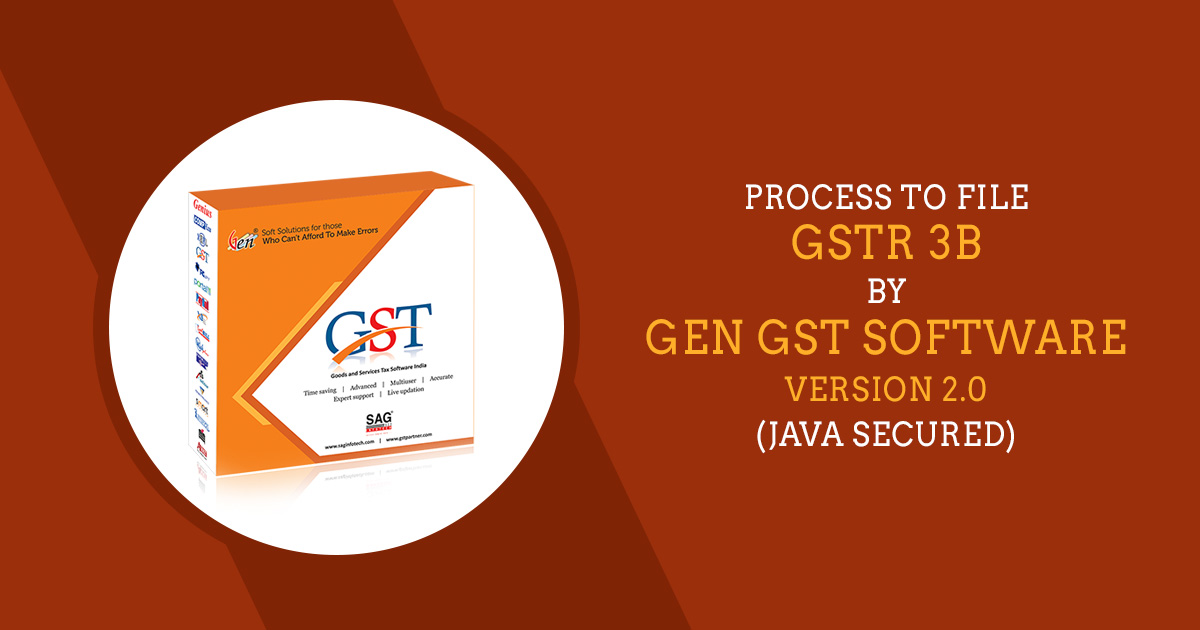
You should know if the turnover of your business is not greater than INR 1.5 Crores
The composition scheme of tax payment is meant for those small businesses whose turnover of taxable goods is not greater than INR 1.5 Crores. In such cases, the burden of GST must be borne by the seller. The rates are as follows:
- 1% of such turnover by Traders
- 2% by Manufacturers
- 5% for Restaurants
- 6% for Service Providers
It is worth mentioning here that the composition taxpayer cannot issue a tax invoice. The reason being the burden of tax must be borne by the dealer out of pocket. Consequently, A composition Dealer is not allowed to take back the GST from the customers. In the past Service Providers could not opt for Composition Scheme 
The Composition Scheme is very supportive for small businesses. As compared to the regular GST scheme, the taxpayers opting for the Composition scheme are required to file a total of 5 GST Returns:
- Four Quarterly GSTR in the form of CMP-08 &
- One annual GSTR in a year in the form of GSTR-4
Composite scheme holders cannot claim the Input Tax Credit 
Pros of Composition Scheme:
- Lower Tax Payment i.e. 1%, 2%, 5%, 6%
- Lower Tax & Higher Liquidity
- Less Compliance involved for those who can use the Composition Scheme
Cons of Composition Scheme:
- Cannot recover the Tax Payment
- Inter-State sales are not permitted
A Glimpse of Regular GST or No Scheme?
A Registered Person, whose aggregate turnover in the preceding financial year was not more than Seventy-Five (75L) Lakh Rupees for specified states can opt for this scheme. Other than the restaurant sector, The taxpayers related to the Service industry can also choose this scheme. It has multiple tax rates including 5%, 12%, 18% and 28%.
- At present, GSTR 3B

- Exception: The turnover limit of the following states is Rs. 75L
- Manipur, Arunachal Pradesh, Mizoram, Meghalaya, Nagaland, Tripura, Sikkim, and Uttarakhand
Regular taxpayers can get back input tax credit of GST that is paid on the purchase of goods or services or both.
How to Switch from a Regular GST to Composition GST?
For opting into a composition scheme, taxpayers are required to file CMP-02. The scheme will be effective from 01/04/2020










For traders and manufacturing both rate is 1 %
A person who deals only in service
What would be the turnover limit for him to opt for the regular scheme
same as applicable for normal taxpayer